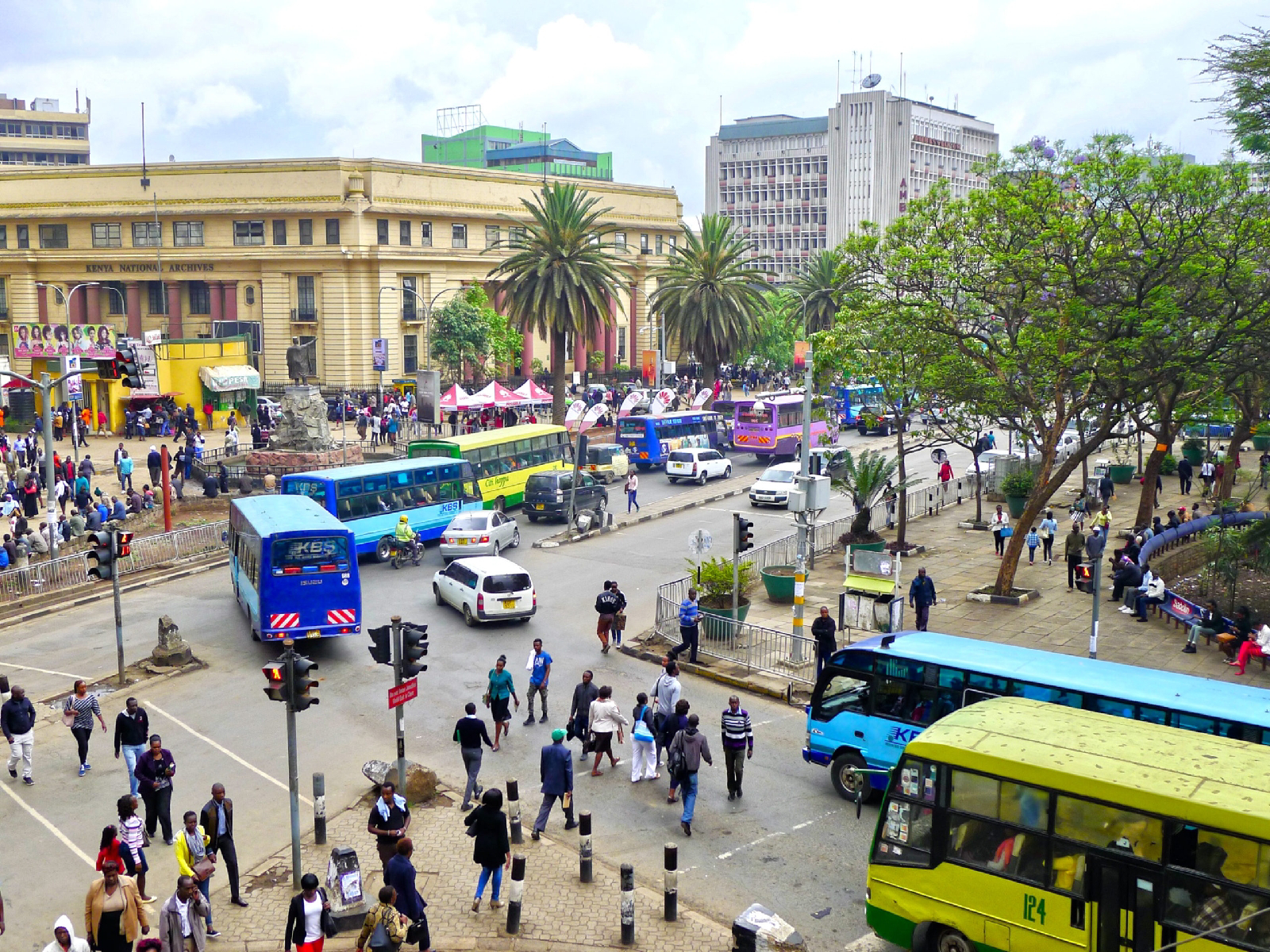Ethiopia to Commission Grand Renaissance Dam, Calls for Regional Cooperation on Nile Waters
The Government of Ethiopia has announced that the Grand Ethiopian Renaissance Dam (GERD), Africa’s largest hydropower project, will be fully commissioned on September 9, 2025.
Speaking in Nairobi, the Deputy Head of Mission at the Ethiopian Embassy in Kenya, H.E. Ambassador Demeke Atnafu, said the dam will be a game-changer for Ethiopia’s development and a driver of regional integration.
“The GERD is a manifestation of Ethiopia’s sovereign right to utilize its natural resources to transform lives. Once operational, it will generate 5,150 megawatts of electricity—enough to meet domestic demand and export surplus to neighboring countries such as Kenya, Sudan, Djibouti, and Tanzania,” said Ambassador Atnafu.
Tackling Poverty Through Energy Access
Ethiopia, with a population projected to reach 230 million by 2030, faces a significant energy deficit, with 65% of its citizens lacking reliable electricity. The dam is expected to produce around 15,690 gigawatt-hours annually, powering rural electrification, industrial growth, and agricultural productivity.
The $5 billion project has been financed largely through domestic contributions from Ethiopians at home and abroad, marking it as a symbol of national unity and self-reliance.
Boosting Regional Integration
Ambassador Atnafu emphasized that the GERD is more than a national project:
“It embodies the spirit of Pan-Africanism. By stabilizing energy supplies and enabling cross-border trade, it will promote regional cooperation and reduce reliance on fossil fuels.”
Currently, Ethiopia exports electricity to Kenya, Sudan, and Djibouti, with plans to expand to Tanzania via the Ethiopia–Kenya transmission line.
Disputes with Egypt and Sudan
The announcement comes amid long-standing disagreements with Egypt and Sudan, which rely heavily on the Nile River and have raised concerns over reduced water flow. Ethiopia, however, argues that the GERD will help regulate floods, reduce evaporation, and stabilize water availability downstream.
Ambassador Atnafu criticized the reliance on colonial-era treaties—the 1929 Anglo-Egyptian Treaty and the 1959 Egypt-Sudan Agreement—which allocated the Nile waters without involving Ethiopia, the source of more than 85% of the river’s flow.
“We have negotiated in good faith for 14 years, but Egypt’s insistence on outdated monopolistic claims has delayed progress. We call upon Egypt and Sudan to embrace the Cooperative Framework Agreement and join us in establishing a Nile Basin Commission for fair water sharing,” he said.
Call for Cooperation, Not Confrontation
Ethiopia maintains that the dam aligns with international principles of equitable and reasonable utilization of shared water resources and poses no significant harm to downstream countries.
“Cooperation is the only sustainable way forward. The GERD is an opportunity for shared prosperity, not conflict,” Ambassador Atnafu stated.





Comments
Post a Comment